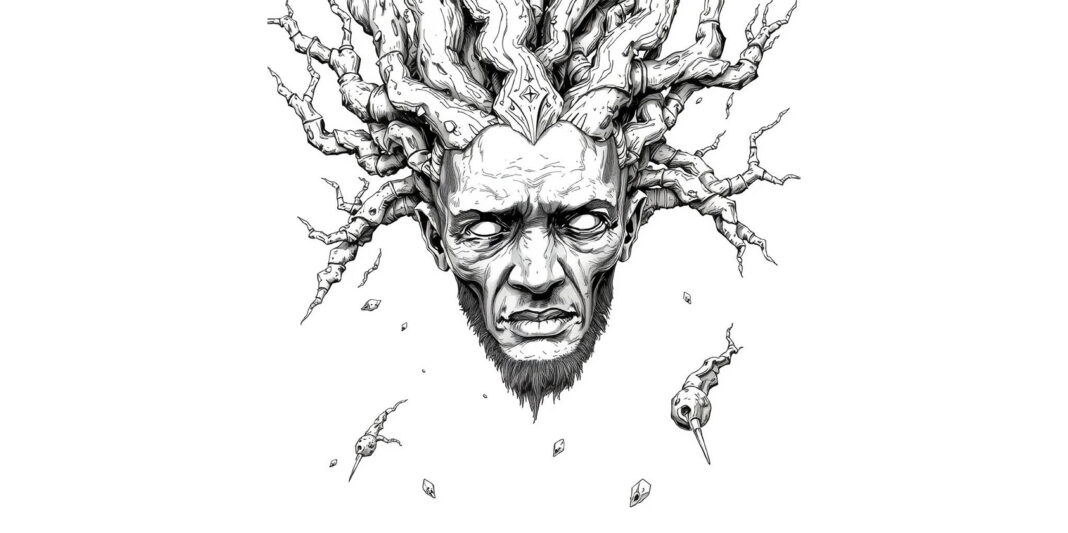In Ethiopia, the private media sector is facing unprecedented challenges, squeezed relentlessly by government actions that increasingly threaten its survival. Once a vibrant space for diverse viewpoints and investigative journalism, private media outlets today are teetering on the brink of extinction, overwhelmed by political interference, restrictive regulations, and economic pressures. Meanwhile, social media platforms are rapidly filling the void, fundamentally reshaping how Ethiopians engage with news and information.
This dramatic shift reflects a troubling trend that has worsened in recent years. Despite the constitutional guarantees for freedom of expression and the media, the reality on the ground tells a different story.
Centralization threatens to transform the regulatory body into a tool for government control, chilling independent reporting. Arbitrary license suspensions and legal harassment of critical media outlets have become more frequent, forcing numerous journalists and media workers into exile. The climate of fear severely undermines the private media’s ability to function freely and hold power to account.
Financial pressures further compound the crisis. High operational costs, limited advertising revenues, and government restrictions on foreign media investment hamper the ability of private outlets to sustain themselves. Many struggle with access to distribution channels or face outright censorship through unofficial circulars and administrative measures that bypass legal safeguards.
Consequently, private media organizations face a grim reality: either conform to government narratives or endure punitive actions that threaten their continued existence. This shrinking space restricts pluralism and diversity, pillars crucial for democratic discourse and informed citizenry. The absence of a robust private press weakens public oversight and stifles debate on vital national issues.
Amidst this media squeeze, social media has emerged as an explosive alternative. Platforms such as Facebook, Telegram, TikTok, and X have become primary information sources for large segments of the population, especially the youth and those in rural areas. Social media offers immediacy, accessibility, and a multiplicity of voices free from traditional gatekeepers.
However, Ethiopia’s turn toward digital discourse is a double-edged sword. While social media democratizes information access, it also brings challenges like misinformation, disinformation, and polarization. Recognizing this, the government has intermittently imposed internet shutdowns and blocked popular platforms to control narratives digitally — further complicating the information landscape.
Yet, the rapid growth of social media underscores a fundamental truth: the private conventional media sector’s decline is creating an information vacuum. Citizens seek alternatives to state-friendly newsrooms. Social platforms fill this gap with grassroots reporting, citizen journalism, and critical commentary, though often in an unregulated environment.
This evolving media ecosystem demands urgent attention from Ethiopian authorities and the international community alike. True media freedom requires dismantling political interference, guaranteeing regulatory independence, and ensuring economic viability for private journalism. Without these, Ethiopia risks losing an essential pillar of democracy and governance.
The ongoing strangulation of Ethiopia’s private media reflects a deeper crisis of governance and open discourse. It is a trend that cannot be reversed simply through legal reforms or rhetoric. It requires political will to respect plurality, protect journalistic independence, and foster a healthy media market – conditions that are currently absent. Meanwhile, social media’s meteoric rise signals both hope and alarm, capturing the public’s hunger for information while revealing new battlegrounds for control and influence.
The future of Ethiopian media — and of public knowledge itself — hinges on addressing these challenges with urgency and integrity. Otherwise, the country risks the perils of information monopoly, diminished accountability, and eroded democratic prospects, with social media as the new frontier of both expression and contestation.







